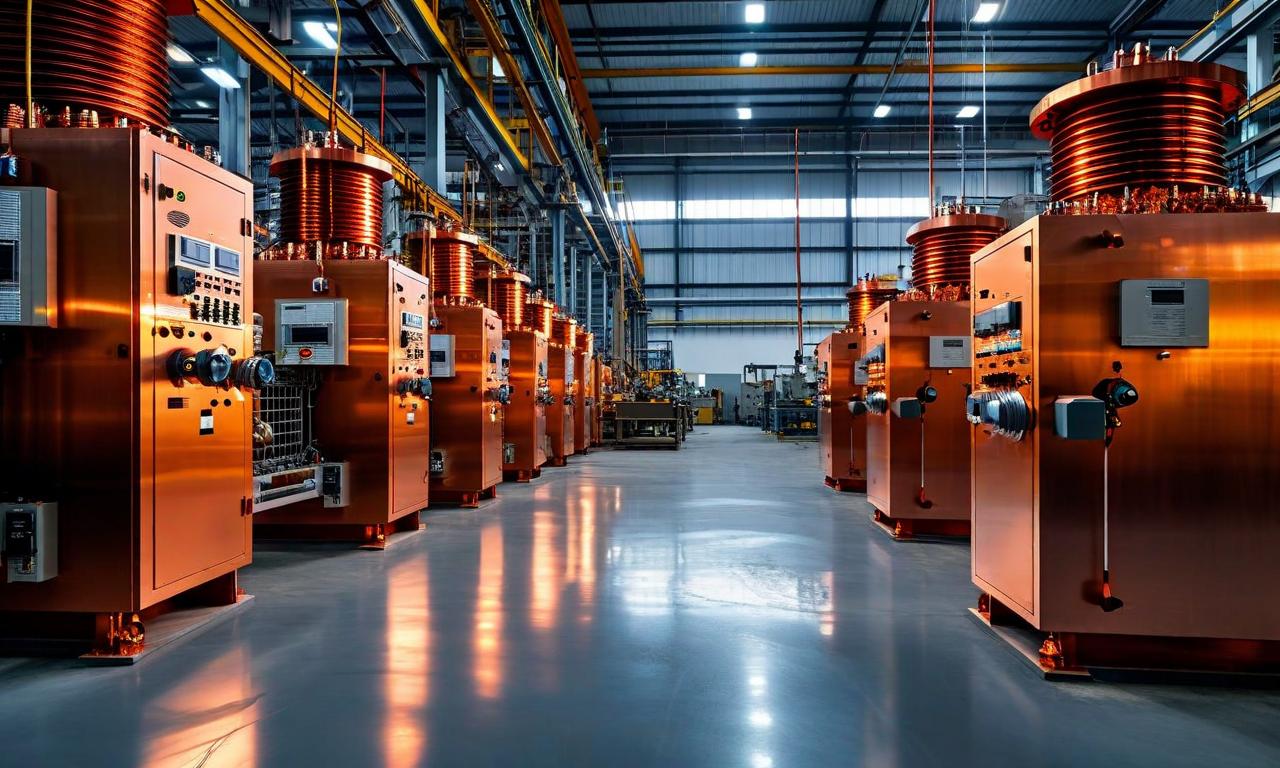South Korea Unveils Record Budget with Major AI and Defense Investments
South Korea has proposed a record-breaking budget of 728 trillion won ($506 billion), emphasizing artificial intelligence (AI) and national defense. The budget includes 10.1 trillion won ($6.90 billion) for AI-related spending, more than tripling current levels, targeting key industries like semiconductors and robotics. Defense spending is set to increase by 8.2% to 66.3 trillion won ($46 billion). President Lee announced a deal with Nvidia for 260,000 GPUs, though delivery timeline is uncertain. The proposal faces domestic political tensions, with opposition lawmakers boycotting Lee's budget speech.

*this image is generated using AI for illustrative purposes only.
South Korea has proposed a groundbreaking budget that signals a significant shift towards artificial intelligence (AI) and national defense, marking a new era in the country's fiscal policy.
Record-Breaking Budget Proposal
President Lee Jae Myung has put forward a budget of 728 trillion won ($506 billion), the largest in South Korea's history. This budget is notable not just for its size, but for its strategic focus on emerging technologies and national security.
AI Investment Takes Center Stage
The budget includes a substantial allocation for AI-related spending:
| Category | Amount (in won) | Amount (in USD) | Notes |
|---|---|---|---|
| Total Budget | 728 trillion | $506.00 billion | Record high |
| AI-related Spending | 10.1 trillion | $6.90 billion | More than triple current levels |
The AI investment is targeted at key industries including semiconductors, automobiles, shipbuilding, and robotics. This move aims to position South Korea at the forefront of the global AI race.
Bolstering National Defense
Alongside the AI push, the budget proposal also includes a significant increase in defense spending:
| Category | Amount (in won) | Amount (in USD) | Increase |
|---|---|---|---|
| Defense Spending | 66.3 trillion | $46.00 billion | 8.2% |
This increase is aimed at modernizing weapons systems and reducing reliance on the United States for defense capabilities.
Nvidia Deal and International Relations
President Lee announced a significant deal with Nvidia to supply 260,000 GPUs to South Korean businesses and government entities. However, the delivery timeline for this deal remains uncertain.
The budget announcement also touched on international relations:
- Lee cited meetings with US President Donald Trump that secured lower tariffs on automobiles and computer chips.
- Trump, however, stated that only US customers should have access to Nvidia's latest Blackwell AI chips.
Political Tensions
The budget proposal comes amid domestic political tensions. Most conservative opposition lawmakers boycotted Lee's budget speech, highlighting ongoing disputes over a criminal investigation into martial law imposition.
This budget proposal represents a significant step for South Korea in prioritizing AI and defense capabilities. However, its implementation and impact may be subject to both domestic political dynamics and international technological competition.





























